That we might bind to our hearts the words of the prophet Ezekiel: “You shall be my people, and I shall be your God.” we pray to you, Lord God. – Amen
When I am talking with people who have experienced the death of a close friend or relative, I know that I must tread lightly. We all experience death differently, and our experiences with our loved ones are as varied as we are, so my experience losing a family member can never be the same as your experience – we are different people. For this reason, I draw from my own experience and try to answer folks who are asking those impossible questions like, “How can things ever get back to normal?” by telling them that they will, in time, come to live in a new normal.
Waking up the morning after the death of a loved one can be jarring. How is it that the sun is shining? How are all of these people going about their day-to-day activities as though nothing has happened? Don’t they know what a terrible day this is? But then, once we’ve had time to grieve and to breathe, we have a wake. At the wake friends and family come together in their fragile state to hold one another, to tell family stories, and to honor the deceased and the lives they lived. Tonight, the beginning of the service we have just experienced has been our wake for Jesus. We have dusted off our family photo albums and reminisced about God’s love for us from the beginning of time.
We have remembered and rejoiced as God created the world from chaos, made a new covenant with us after the flood, delivered us from the hands of our oppressors, washed us clean, and breathed new life into us again and again. Tonight, we marvel in our shared life with God. Like the people of Israel to whom the prophet Ezekiel writes, we are being gathered up after forty days wandering in the wilderness and are being invited to turn our hearts of stone into hearts of flesh. In Ezekiel’s prophesy about a new heart and spirit for the people Israel, God becomes the divine surgeon performing a heart transplant in order for the people of Israel to follow the Torah and turn away from false idols.
In a lot of ways, that is what we are invited into during the season of Lent. We take on a spiritual discipline to turn away from the earthy distractions, or idols, which so often distance us from God. We struggle and stumble, and often we fall, but hopefully, we pray for God’s help and we get back up again. We do this for a season to prepare our hearts for the new normal of Christ’s resurrection and all that means for humanity. We have been living in this new normal for so long that we often pass through daily life without truly internalizing the wonder of God’s love for us in the sacrifice of Jesus for our sins.
How would our lives be different if we walked around each moment remembering, as if for the first time, that we are so loved that God’s own Son came to walk among us? How would our outlook be changed if we really felt as though we were so loved that God created us in God’s own image, just as we are… warts and all? How would our relationships be strengthened if we entered into every interaction recognizing the Christ that is in the heart of the person whom we are meeting? We could change the world.
The new normal that we re-awaken to in just a few moments, is the normal that we are ALWAYS loved, ALWAYS forgiven, and ALWAYS free.
We re-awaken, after these 40 days of temptation, to the reality that all of our loved ones who have gone before us are being held in the eternity of God and will be waiting for us at the last because of the sacrifice Christ made on our behalf. By the Grace and Mercy of Jesus, we are a people who can boldly go forward shouting our Hallelujahs and joining Miriam in her dance because we are a people who were created in God’s own image, were gifted a new heart and a new spirit when we went astray, and who have been redeemed by the blood of our Savior. So, let’s get ready to roll the stone away from the tomb and in doing so, thank God for this new normal.


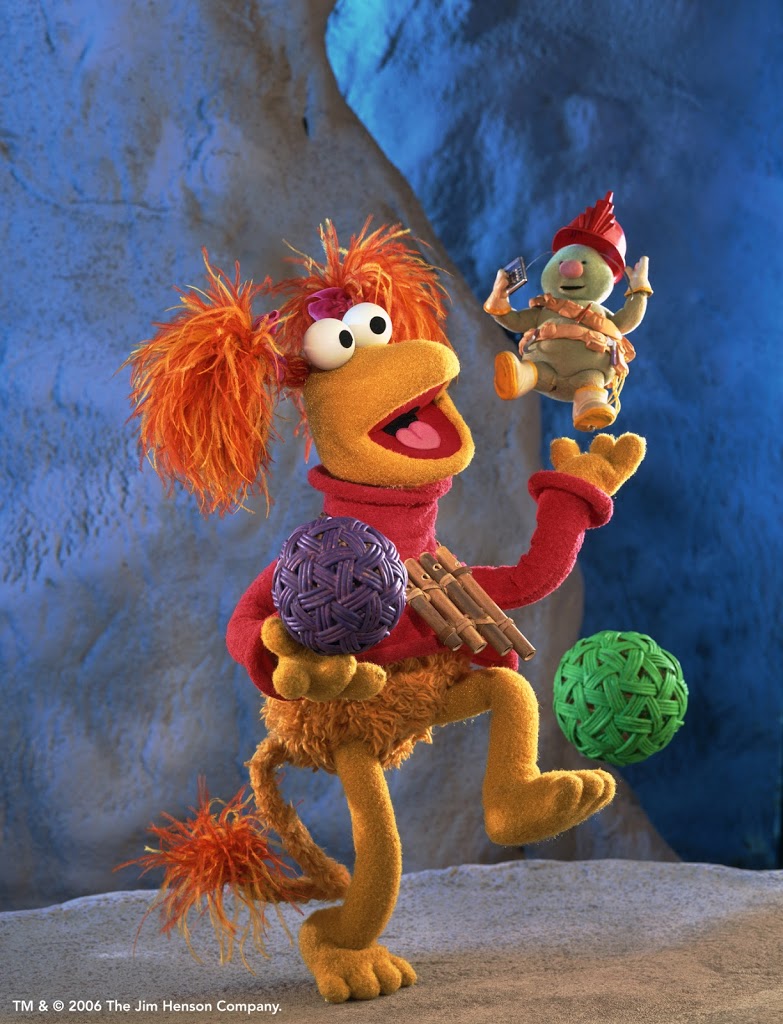


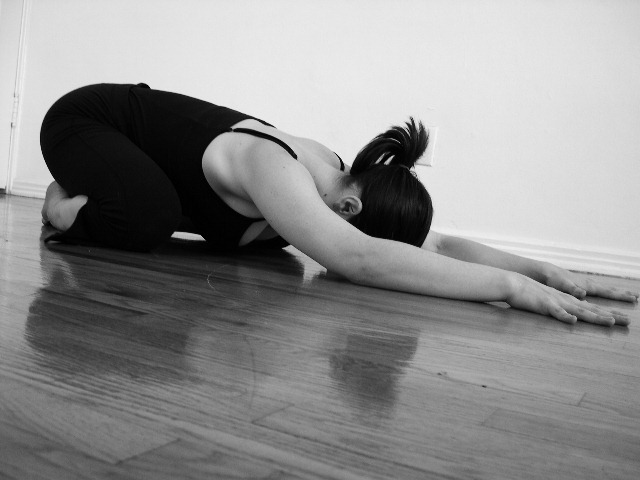
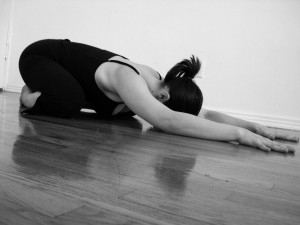

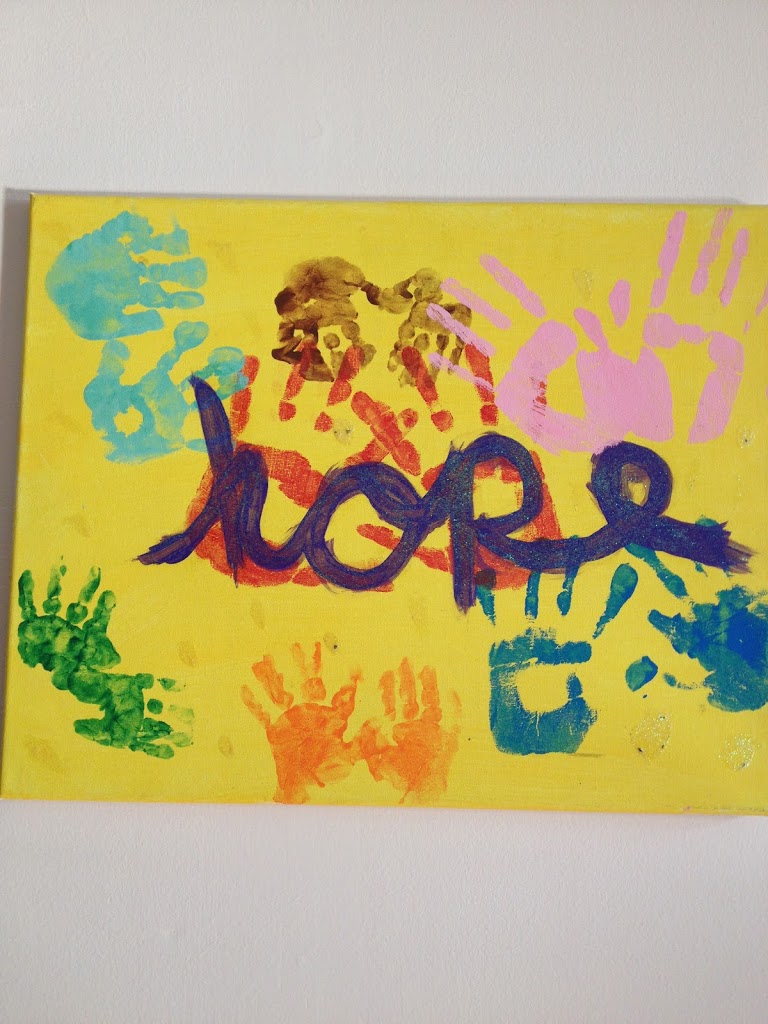
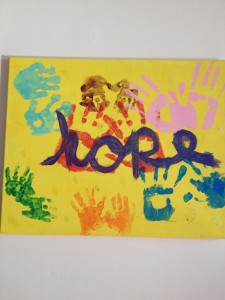


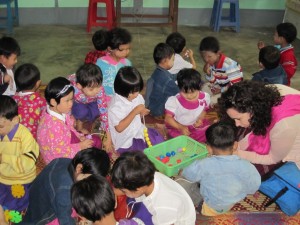
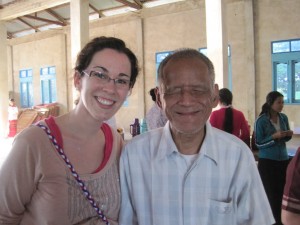
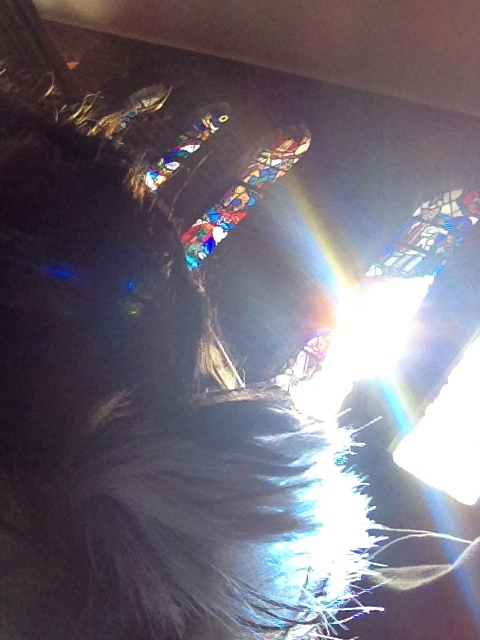

Recent Comments